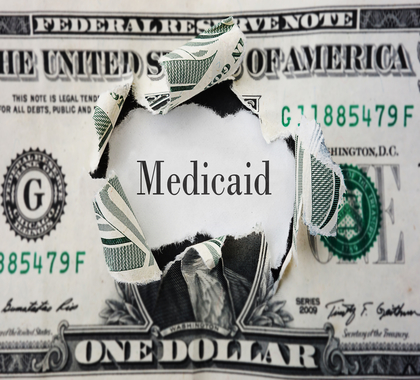(The Center Square) – New Hampshire is pumping more federal funding into its low income Medicaid program, amid a steady rise in enrollment during the pandemic.
A proposal by Gov. Chris Sununu’s administration, which was approved by the Executive Council on Tuesday, calls for diverting another $54 million in federal funds to support Medicaid programs through June 30, the end of the fiscal year.
In a request to the council, Health and Human Services Commissioner Lori Shibinette said the additional funding is needed to support the states costs from an increase in the Medicaid caseload from the pandemic.
The number of New Hampshire residents receiving Medicaid coverage has increased by more than 37% from mid-March 2020 through October of this year, she said. That’s more than 60,000 additional Medicaid caseloads, she noted. The state’s Standard Medicaid program alone has risen 26,160 caseloads, or 20.8%, for that period.
Shibinette said the Medicaid caseloads remain elevated due to the lingering impact of the pandemic, but also federal continuous coverage requirements that remain in effect.
Overall, New Hampshire is expected to spend nearly $2 million on Medicaid payments to various providers in the current fiscal year, much of which will be federally funded.
A report released earlier this year by the nonpartisan Rights and Democracy Institute found New Hampshire residents seeking coverage through the federally backed Medicaid program face long wait times, stigma and difficulty in navigating a cumbersome and complicated application process.
Of the estimated 200,000 Medicaid recipients in New Hampshire, about 60% had difficulty enrolling in the programs or navigating the system, according to the report.
The state’s current five-year waiting period to receive benefits was listed by the report’s authors as one of the main barriers to Medicaid benefits.
Poverty, immigration status, a lack of fluency in English, and living in rural locations exacerbate these barriers for many residents, the report noted.
Originally published by The Center Square. Republished with permission.
For more from Budget & Tax News.
For more public policy from The Heartland Institute.











